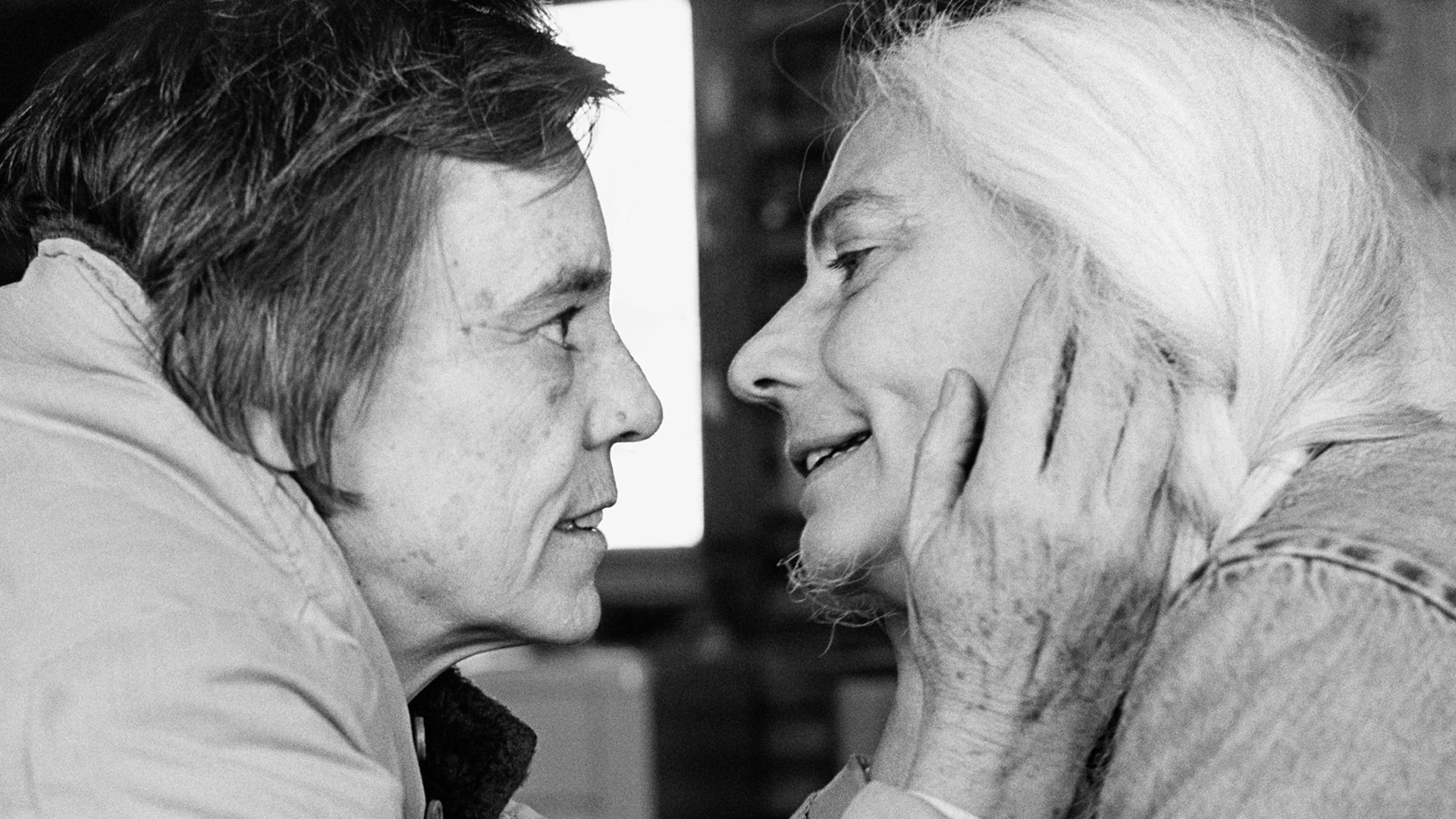REPAIR Case Study Catalog
This catalog of case studies emphasizes the diversity of sites significant in U.S. disability history. Case study subjects range from the Minnesota State Fair, where eugenic themes were woven through home economics exhibits, to the Milwaukee Ordnance Plant, where Deaf women worked on the home front during World War II.
Guidance For Opening a Case Study
Click on the orange title link to open an interactive StoryMaps case study in a new tab within the same browser window.
Click on the image above the orange title link to open the case study on the REPAIR website in the same tab.
Click the “tags” menu to sort case studies according to subject matter.
Tags
- AAPI history
- Accessibility
- Activist
- Architecture/design
- Arts
- Assistive devices
- Black history
- Carceral
- Care webs
- Children's history
- Cognitive disability
- Deafness
- Developmental disability
- Disability rights
- Educational
- Eugenics
- Immigration history
- Incarceration
- Indigenous history
- Industrial
- Intersectionality
- LGBT+ history
- Medical
- Mobility impairments
- Mutual aid
- Neurological disability
- Protest
- Psychiatry/mental illness
- Public
- REPAIR-generated
- Recreation
- Social
- Student-generated
- Wartime
- Women's history
Lafayette Square: Protest in the People’s Park
Lafayette Square - within earshot of where the U.S. president lives and works - has been reclaimed by demonstrators from dozens of social movements for over 100 years.
Beechtree: Lesbian Separatism for an Accessible Life
From 1979-84, a group of queer women, many of them disabled, created a community that prioritized autonomy, care, and accessibility.
Charles Thompson Memorial Hall
The Progressive Era's preoccupation with group organizing and economic class shaped the history of the first Deaf social club in the U.S.





